Computer Science & Engineering
- About Us
- Faculty
- Staff
- Program
- R&D
- Laboratories
- Events
- Gallery
ABOUT THE DEPARTMENT
VISION
To communicate quality Computer Science Education for producing globally identifiable skilled technocrats and entrepreneurs upholding sound ethics, profound knowledge, and innovative ideas to meet industrial and societal expectations.
MISSION
M1 To impart value-based technical knowledge and skill relevant to Computer Science and Engineering through effective pedagogies and hands-on experience on the latest tools and technologies to maximize employability.
M2 To strengthen multifaceted competence, nurture creativity, and innovation, andcreate entrepreneurial environment for an ever-changing technological scenario requiring communally cognizant solutions.
M3 To create an appetite for research, and higher education in contemporary, and emerging areas of Computer Science.
M4 To inculcate the moral, ethical, and social ideals essential for prosperous nation building.
GOALS
To prepare the students with strong fundamental knowledge for challenging careers in the sciences, humanities and management to lay a strong foundation for higher study and research to mark a global impact.
MESSAGE FROM HOD
Welcome to the Department of Computer Science and Engineering at NIT Delhi!
It is my pleasure, as the Head of the Department, to extend a warm welcome to all students,researchers, collaborators, and visitors.
The Department of Computer Science and Engineering at NIT Delhi takes immense pride in offering forward-looking academic programs and fostering a vibrant environment for innovation, research, and excellence. Established in 2010 with an initial intake of 30 students, the department has grown significantly and currently admits 120 students annually in its flagship B.Tech. program.
We offer a wide range of academic programs including:
- B.Tech. in Computer Science and Engineering
- B.Tech. in Artificial Intelligence and Data Science
- M.Tech. in Computer Science and Engineering
- M.Tech. in Computer Science and Engineering (Analytics)
- MCA in Computer Science and Engineering (recently introduced to meet emerging industry demands)
- Ph.D. programs in various frontier areas of computing
Our doctoral research spans a broad spectrum of areas such as Algorithms, Computer
Networks, Software Engineering, Machine Learning, Image Processing, Web Technologies, Data Analytics, Complex Networks, Wireless Sensor Networks, Data Warehousing and Mining, AI, Gen AI, Quantum Computing, Natural Language Processing, among others.
To support high-quality research and hands-on learning, the department houses several state-of-the-art laboratories, including:
- Computer Programming -1
- Ubiquitous Computing Lab
- Artificial Intelligence & Data Science Lab
- Computer Networks & Architecture Lab
- Information Security And Software Engineering Lab
- Intelligent Systems Lab
- Data Analytics and Vision for Smart Environments Lab (DAViSE)
- Visual Computing And Robotics Lab (VCR)
- Programming Lab-2
- Ai Research Lab
- Complex System Lab
These labs promote interdisciplinary collaboration and provide platforms for both students and faculty to engage in cutting-edge innovation.
Our faculty members are highly accomplished researchers and educators, deeply committed to mentoring students and advancing knowledge in their respective fields. We maintain active collaborations with leading academic institutions, research organizations, and industry partners to ensure our students gain real-world exposure and are well-prepared to tackle global challenges.
The department is also actively engaged in research initiatives that address pressing societal and technological needs. We regularly host international conferences, workshops, and faculty development programs, providing a dynamic platform for intellectual exchange and professional development.
At NIT Delhi, we are committed to nurturing a stimulating and inclusive academic environment that cultivates critical thinking, creativity, and leadership. Our goal is to empower students to become innovators, researchers, and industry-ready professionals who make meaningful contributions to the world of technology. We invite aspiring minds to join our vibrant academic community and contribute to the exciting journey of advancing Computer Science and Engineering.
With best wishes,
Head, Department of Computer Science and Engineering
National Institute of Technology Delhi
B. Tech. in Computer Science and Engineering
PROGRAMME OBJECTIVES(POs)
| POs | Details |
|---|---|
|
PO-1
|
Engineering knowledge: Apply the knowledge of mathematics, science, engineering fundamentals, and an engineering specialization to the solution of complex engineering problems.
|
|
PO-2
|
Problem analysis: Identify, formulate, review research literature, and analyze complex engineering problems reaching substantiated conclusions using first principles of mathematics, natural sciences, and engineering sciences.
|
|
PO-3
|
Design/development of solutions: Design solutions for complex engineering problems and design system components or processes that meet the specified needs with appropriate consideration for the public health and safety, and the cultural, societal, and environmental considerations.
|
|
PO-4
|
Conduct investigations of complex problems: Use research-based knowledge and research methods including design of experiments, analysis and interpretation of data, and synthesis of the information to provide valid conclusions.
|
|
PO-5
|
Modern tool usage: Create, select, and apply appropriate techniques, resources, and modern engineering and IT tools including prediction and modeling to complex engineering activities with an understanding of the limitations.
|
|
PO-6
|
The engineer and society: Apply reasoning informed by the contextual knowledge to assess societal, health, safety, legal and cultural issues and the consequent responsibilities relevant to the professional engineering practice.
|
|
PO-7
|
Environment and Sustainability: Understand the impact of the professional engineering
solutions in societal and environmental contexts, and demonstrate the knowledge of, and need for sustainable development.
|
|
PO-8
|
Ethics: Apply ethical principles and commit to professional ethics and responsibilities and norms of the engineering practice.
|
|
PO-9
|
Individual and Team Work: Function effectively as an individual, and as a member or leader in
diverse teams, and in multidisciplinary settings
|
|
PO-10
|
Communication: Communicate effectively on complex engineering activities with the engineering community and with society at large, such as, being able to comprehend and write effective reports and design documentation, make effective presentations, and give and receive clear instructions.
|
|
PO-11
|
Project Management and Finance: Demonstrate knowledge and understanding of the engineering and management principles and apply these to one’s own work, as a member and leader in a team, to manage projects and in multidisciplinary environments.
|
|
PO-12
|
Life-long learning: Recognize the need for, and have the preparation and ability to engage in independent and life-long learning in the broadest context of technological change
|
PROGRAMME EDUCATIONAL OBJECTIVES(PEOs)
| PEOs | Details |
|---|---|
|
PEO-1
|
Graduates are prepared to be employed in IT industries and be engaged in
continuous learning, understanding, and applying innovative ideas while
maintaining strong ethical standards.
|
|
PEO-2
|
Graduates are prepared to pursue higher studies and continue to develop their
professional knowledge
|
|
PEO-3
|
Graduates are equipped to do research in areas of specialization and the allied
fields.
|
|
PEO-4
|
Graduates are prepared to meet the changing needs of society through
knowledge-based service, exhibit leadership qualities with demonstrable attributes
in lifelong learning and become successful entrepreneurs.
|
PROGRAM SPECIFIC OUTCOMES (PSOs)
| PSOs | Details |
|---|---|
|
PSO-1
|
Ability to analyze, develop and design new tools and approaches to create
cutting-edge solutions for Industry.
|
|
PSO-2
|
Ability to carry out research and education in trans-disciplinary fields to solve the
problems of national as well as international significance.
|
B. Tech in Artificial Intelligence and Data Science
PROGRAMME OBJECTIVES(POs)
| POs | Details |
|---|---|
|
PO-1
|
Engineering knowledge: Apply the knowledge of mathematics, science, engineering fundamentals, and an engineering specialization to the solution of complex engineering problems.
|
|
PO-2
|
Problem analysis: Identify, formulate, review research literature, and analyze complex engineering problems reaching substantiated conclusions using first principles of mathematics, natural sciences, and engineering sciences.
|
|
PO-3
|
Design/development of solutions: Design solutions for complex engineering problems and design system components or processes that meet the specified needs with appropriate consideration for the public health and safety, and the cultural, societal, and environmental considerations.
|
|
PO-4
|
Conduct investigations of complex problems: Use research-based knowledge and research methods including design of experiments, analysis and interpretation of data, and synthesis of the information to provide valid conclusions.
|
|
PO-5
|
Modern tool usage: Create, select, and apply appropriate techniques, resources, and modern engineering and IT tools including prediction and modeling to complex engineering activities with an understanding of the limitations.
|
|
PO-6
|
The engineer and society: Apply reasoning informed by the contextual knowledge to assess societal, health, safety, legal and cultural issues and the consequent responsibilities relevant to the professional engineering practice.
|
|
PO-7
|
Environment and Sustainability: Understand the impact of the professional engineering
solutions in societal and environmental contexts, and demonstrate the knowledge of, and need for sustainable development.
|
|
PO-8
|
Ethics: Apply ethical principles and commit to professional ethics and responsibilities and norms of the engineering practice.
|
|
PO-9
|
Individual and Team Work: Function effectively as an individual, and as a member or leader in
diverse teams, and in multidisciplinary settings
|
|
PO-10
|
Communication: Communicate effectively on complex engineering activities with the engineering community and with society at large, such as, being able to comprehend and write effective reports and design documentation, make effective presentations, and give and receive clear instructions.
|
|
PO-11
|
Project Management and Finance: Demonstrate knowledge and understanding of the engineering and management principles and apply these to one’s own work, as a member and leader in a team, to manage projects and in multidisciplinary environments.
|
|
PO-12
|
Life-long learning: Recognize the need for, and have the preparation and ability to engage in independent and life-long learning in the broadest context of technological change
|
PROGRAMME EDUCATIONAL OBJECTIVES(PEOs)
| PEOs | Details |
|---|---|
|
PEO-1
|
Graduates will be capable of applying advanced tools and techniques to innovate ideas
and create intelligent systems for a wide range of real-world problems while
maintaining strong ethical standards.
|
|
PEO-2
|
Graduates will be prepared to pursue higher studies and continue to develop their
professional knowledge.
|
|
PEO-3
|
Graduates will recognize the importance of research and professional development in
the rapidly evolving fields of AI and Data Science. .
|
|
PEO-4
|
Graduates will be prepared with an entrepreneurial mindset, enabling them to identify
business opportunities, create startups, exhibit leadership qualities with demonstrable
attributes in lifelong learning
|
PROGRAM SPECIFIC OUTCOMES (PSOs)
| PSOs | Details |
|---|---|
|
PSO-1
|
Ability to analyze, build, and design new techniques and tools to produce innovative
industrial solutions using mathematical and theoretical concepts of Artificial
Intelligence and Data Science.
|
|
PSO-2
|
Ability to carry out research and education in trans-disciplinary fields to solve real
world problems using state-of-art algorithms and techniques of Artificial Intelligence
and Data Science.
|
B. Tech. Minor Degree (in addition to existing Major Degree) in Computer Science and Engineering
PROGRAMME EDUCATIONAL OBJECTIVES(PEOs)
| PEOs | Details |
|---|---|
|
PEO-1
|
Graduates are prepared to be employed in IT industries and be engaged in
continuous learning, understanding, and applying innovative ideas while
maintaining strong ethical standards.
|
|
PEO-2
|
Graduates are prepared to pursue higher studies and continue to develop their
professional knowledge.
|
|
PEO-3
|
Graduates are equipped to do research in areas of specialization and the allied
fields.
|
|
PEO-4
|
Graduates are prepared to meet the changing needs of society through
knowledge-based service, exhibit leadership qualities with demonstrable attributes
in lifelong learning and become successful entrepreneurs.
|
PROGRAM SPECIFIC OUTCOMES (PSOs)
| PSOs | Details |
|---|---|
|
PSO-1
|
Ability to analyze, develop and design new tools and approaches to create
cutting-edge solutions for Industry
|
|
PSO-2
|
Ability to carry out research and education in trans-disciplinary fields to solve the
problems of national as well as international significance.
|
M. Tech in Computer Science and Engineering
PROGRAMME OBJECTIVES(POs)
| POs | Details |
|---|---|
|
PO-1
|
Ability to apply knowledge to design and analyze complex engineering problems
using appropriate analytical methods.
|
|
PO-2
|
Ability to independently carry out research /investigation and development work to
solve practical problems.
|
|
PO-3
|
Ability to write and present a substantial technical report/document.
|
|
PO-4
|
Post Graduates should be able to demonstrate a degree of mastery over the area as per
the specialization of the program. The mastery should be at a level higher than the
requirements in the appropriate bachelor program.
|
|
PO-5
|
Post Graduates will show the understanding of technical communication and the
impact of Engineering solutions on the society and also be aware of contemporary
issues.
|
PROGRAMME EDUCATIONAL OBJECTIVES(PEOs)
| PEOs | Details |
|---|---|
|
PEO-1
|
Post Graduates will establish themselves as learned professionals by resolving
complex computational problems and developing effective solutions working
collaboratively in multidisciplinary teams, contributing their expertise.
|
|
PEO-2
|
Post Graduates will demonstrate a strong computer science and engineering
foundation for implementing research and product development in core computer
systems.
|
|
PEO-3
|
Post Graduates shall drive scientific and societal advancement through technological
innovation and entrepreneurship.
|
|
PEO-4
|
Post Graduates will demonstrate effective teamwork and leadership skills along
diverse career paths, encouraging professional ethics and active participation needed
for a successful career.
|
PROGRAM SPECIFIC OUTCOMES (PSOs)
| PSOs | Details |
|---|---|
|
PSO-1
|
Post Graduates will be proficient in analyzing complex computational problems and
devising efficient solutions using advanced algorithms, data structures, and
computational techniques.
|
|
PSO-2
|
Ability to practice as an ethical Computer Science Engineer or Researcher by
employing soft and project management skills learned through internships, project
work, and collaborative projects with industry with the capability to adapt to new and
emerging technologies, frameworks, and tools, keeping their skills and knowledge upto-date.
|
M. Tech in Computer Science and Engineering (Analytics)
PROGRAMME OBJECTIVES(POs)
| POs | Details |
|---|---|
|
PO-1
|
Ability to apply knowledge to design and analyze complex engineering problems
using appropriate analytical methods.
|
|
PO-2
|
Ability to independently carry out research /investigation and development work to
solve practical problems.
|
|
PO-3
|
Ability to write and present a substantial technical report/document.
|
|
PO-4
|
Post Graduates should be able to demonstrate a degree of mastery over the area as per
the specialization of the program. The mastery should be at a level higher than the
requirements in the appropriate bachelor program.
|
|
PO-5
|
Post Graduates will show the understanding of technical communication and the
impact of Engineering solutions on the society and also be aware of contemporary
issues.
|
PROGRAMME EDUCATIONAL OBJECTIVES(PEOs)
| PEOs | Details |
|---|---|
|
PEO-1
|
Post Graduates will establish themselves as influential professionals by solving real
problems through computer science knowledge and with attention to teamwork,
effective communication, critical thinking, and problem-solving skills.
|
|
PEO-2
|
Post Graduates will demonstrate their ability to adapt to a rapidly changing
environment by learning and applying new skills and technologies.
|
|
PEO-3
|
Post Graduates shall drive scientific and societal advancement through technological
innovation and entrepreneurship.
|
|
PEO-4
|
Post Graduates will be prepared for excellence and leadership roles along diverse
career paths, encouraging professional ethics and active participation needed for a
successful career.
|
PROGRAM SPECIFIC OUTCOMES (PSOs)
| PSOs | Details |
|---|---|
|
PSO-1
|
To be able to analyse, interpret and provide solutions to the advanced software tools
for designing real-life computer science and engineering problems.
|
|
PSO-2
|
Ability to practice as an ethical Analytics Engineer or Researcher in the evolving
disciplines of Computer Science and Engineering and its allied application domains
by employing soft and project management skills learned through internships, project
work, and collaborative projects with industry.
|
MCA (Master of Computer Applications)
PROGRAMME OBJECTIVES(POs)
| POs | Details |
|---|---|
|
PO-1
|
Computational Knowledge & Problem Solving: Apply mathematical foundations, computing principles, and domain knowledge to model and solve real-world problems.
|
|
PO-2
|
Software Design & Development: Design, develop, test, and deploy robust software solutions that effectively address complex societal and business challenges while considering usability, performance, and sustainability.
|
|
PO-3
|
Data Analytics & Insight Generation: Critically analyse data to uncover patterns, generate actionable insights, and build predictive, evidence-based models.
|
|
PO-4
|
Secure, Reliable & Sustainable Systems: Engineer, deploy, and manage secure, reliable, and sustainable computing systems within realistic economic, environmental, and resource constraints.
|
|
PO-5
|
Communication & Team Collaboration: Communicate ideas and results clearly, and collaborate effectively in multidisciplinary teams, fostering a cooperative and high-performance work culture.
|
|
PO-6
|
Ethics, Lifelong Learning & Leadership: Uphold professional ethics, embrace lifelong learning, and provide leadership that drives continuous technological advancement and innovation
|
PROGRAMME EDUCATIONAL OBJECTIVES(PEOs)
| PEOs | Details |
|---|---|
|
PEO-1
|
Post Graduates will establish themselves as competent professionals in the computing industry or allied sectors by applying their knowledge in software engineering, application development, and secure system design to address societal and industrial challenges
|
|
PEO-2
|
Post Graduates will effectively utilize data analytics, machine learning, and artificial intelligence tools to interpret complex datasets and drive strategic decisions across diverse application domains.
|
|
PEO-3
|
Post Graduates will engage in advanced studies, cutting-edge research, or innovative entrepreneurial ventures in areas such as cloud computing, cybersecurity, blockchain, or emerging technologies, contributing to the growth of the IT ecosystem.
|
|
PEO-4
|
Post Graduates will demonstrate ethical integrity, effective communication, teamwork, and leadership skills while embracing lifelong learning to adapt to evolving technologies and global work environments.
|
PROGRAM SPECIFIC OUTCOMES (PSOs)
| PSOs | Details |
|---|---|
|
PSO-1
|
Software Engineering and Application Development: Design, develop, test, deploy, and maintain efficient, scalable, and secure software solutions by applying modern programming paradigms, development methodologies, and quality-assurance practices for industrial and societal needs.
|
|
PSO-2
|
Data and Intelligence Systems: Analyse complex datasets and apply data-science, machine-learning, and artificial-intelligence techniques to uncover actionable insights and build intelligent systems that solve real-world problems.
|
|
PSO-2
|
Advanced Computing and Research Orientation: Demonstrate competence in advanced areas such as cloud computing, cybersecurity, blockchain, and pursue innovative research to contribute to the evolving IT ecosystem
|
CONTACT INFORMATION
Head of the Department
Department of Computer Science & Engineering
Office: Room No. 212, National Institute of Technology Delhi
Plot No. FA7, Zone P1, GT Karnal Road, Delhi-110036, INDIA
Phone No: +911133861120, +911133861121(office)
E-mail: hodcse@nitdelhi.ac.in
FACULTY MEMBERS
| Photo | Name | Designation | Contact No. | |
|---|---|---|---|---|
 |
Email: director@nitdelhi.ac.in
Designation: Professor (HAG) Qualification: Ph.D. Area of Interest: Optical Communication Systems: Performance Analysis and Dispersion Compensation for Broadband Optical Systems and Networks (Linear and Non-linear), Radio-over-Fiber, Soliton Transmission links. |
011-33861001
|
||
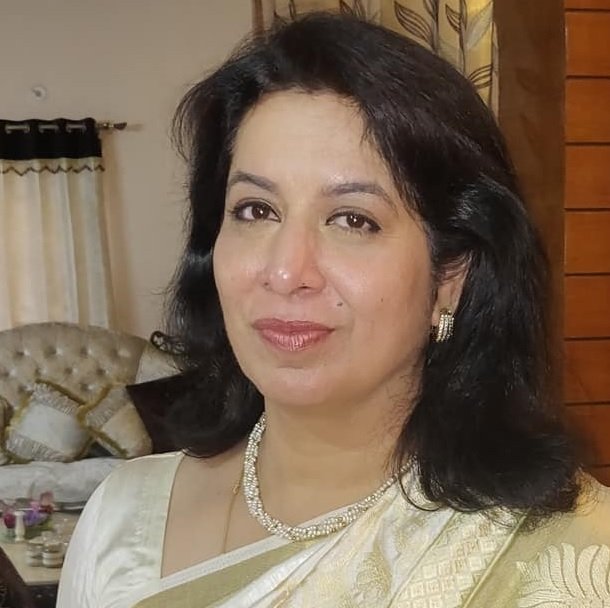 |
Email: sikkag@nitdelhi.ac.in
Designation: Professor Qualification: Ph.D. Area of Interest: Data Mining, Data Warehousing, Databases, Data Science, Data Analytics, Big Data, Software Engineering, Security,Cloud Computing |
+11-33861120 (O)
|
||
 |
Email: shellysachdeva@nitdelhi.ac.in
Designation: Associate Professor Qualification: PhD (Computer Science and Engineering) from University of Aizu, Japan Area of Interest: Big Data, NoSQL Databases, Query languages interfaces, Usability, Health Informatics, Blockchain Machine Learning, Data Analytics. |
011-33861124 (O)
|
||
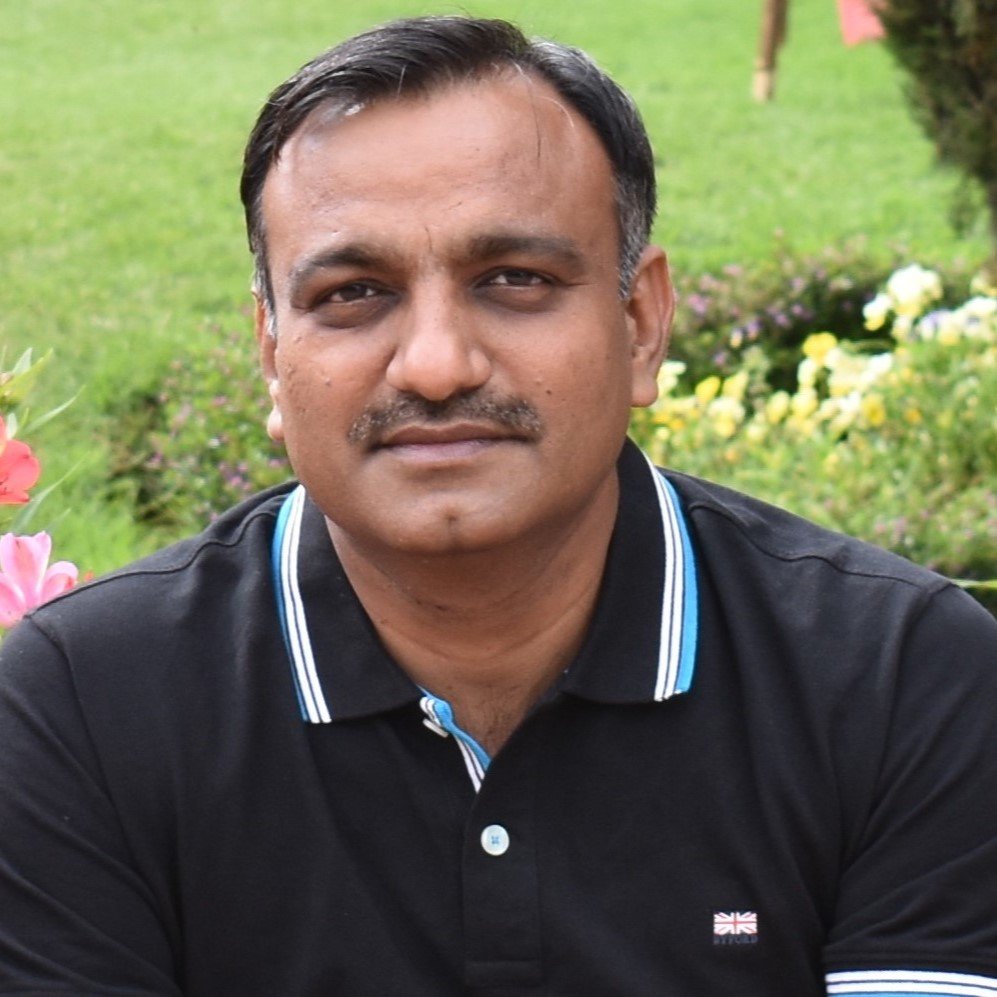 |
Email: anuragsg@nitdelhi.ac.in
Designation: Associate Professor Qualification: Ph.D. Area of Interest: Machine Learning, Intelligent Transportation System, Federated Learning, Video Analysis, Video Captioning, Networks, Network Reconstruction, Social Network Analysis, Complex Networks, Graph Spectra, Time Varying Networks, Recommender Systems, Opinion Dynamics, Data Analytics, Mathematical Modeling of Epidemic Spreading, Efficient routing in Communication Networks. |
+11-33861120/22 (O)
|
||
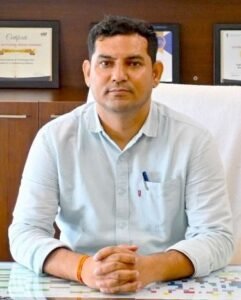 |
Email: karanverma@nitdelhi.ac.in
Designation: Associate Professor Qualification: Ph.D.(Universiti Teknologi Petronas, Malaysia) Area of Interest: Mobile Security, 5G, IPv6, VANET, Cloud Computing, Internet of Things (IoT), Cyber Security, Machine Learning |
011-33861123 (O)
|
||
 |
Email: Munesh.singh@nitdelhi.ac.in
Designation: Associate Professor and Head Qualification: BE, M.Tech, Ph.D Area of Interest: IoT, Network Security, Wireless Sensor Network, Robotics, Embedded System |
011-33861131
|
||
 |
Email: vipinpal@nitdelhi.ac.inn
Designation: Assistant Professor Qualification: PhD Area of Interest: Wireless Sensor Networks, Internet of Things, Data Mining, Bioinformatics, Security |
-
|
||
 |
Email: amandeepk@nitdelhi.ac.in
Designation: Assistant Professor Qualification: Ph.D Area of Interest: Internet of Things, Cloud Computing, Fog Computing |
011-33861076
|
||
 |
Email: gautam@nitdelhi.ac.in
Designation: Assistant Professor Qualification: PhD (CSE) from NIT Rourkela Area of Interest: Biometrics, Image Processing and Computer Vision, Pattern Recognition and Machine Learning, Healthcare and Robotics |
|
||
 |
Email: gunjan.rehani@nitdelhi.ac.in
Designation: Assistant Professor Qualification: PhD Area of Interest: Wireless Sensor Networks, Internet of Things, Optimization Techniques |
011-33861076
|
||
 |
Email: sahil.neelam@nitdelhi.ac.in
Designation: Assistant Professor Qualification: PhD Area of Interest: Edge Computing, Data Analytics, Bibliometrics |
|
|
|
 |
Email: ankur@nitdelhi.ac.in
Designation: Assistant Professor Qualification: PhD Area of Interest: RDHAI, Quantum Computing, Image Processing |
+011-22861126
|
||
 |
Email: DrGulabSah15@nitdelhi.ac.in
Designation: Assistant Professor Qualification: PhD Area of Interest: Network Security, Machine Learning |
|
||
 |
Email: nishasingh@nitdelhi.ac.in
Designation: Assistant Professor Qualification: PhD Area of Interest: Applied Deep Learning, Intelligent Transportation Systems, Traffic flow prediction |
|
STAFF MEMBERS
| Photo | Name | Details |
|---|---|---|
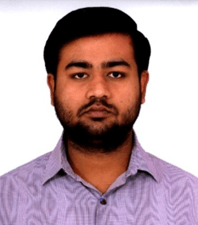 |
Mr.Manish Kumar Malik
|
Email: Malik.manish@nitdelhi.ac.in
Designation: Technical Assistant Qualification: MCA Specialization: |
 |
Mr. Sanjeev Kumar
|
Email: sanjeev@nitdelhi.ac.in
Designation: Technical Assistant Qualification: B.E. (CSE) Specialization: |
 |
Mr. Somesh Kumar
|
Email: somesh@nitdelhi.ac.in
Designation: Technical Assistant Qualification: B.Tech Specialization: |
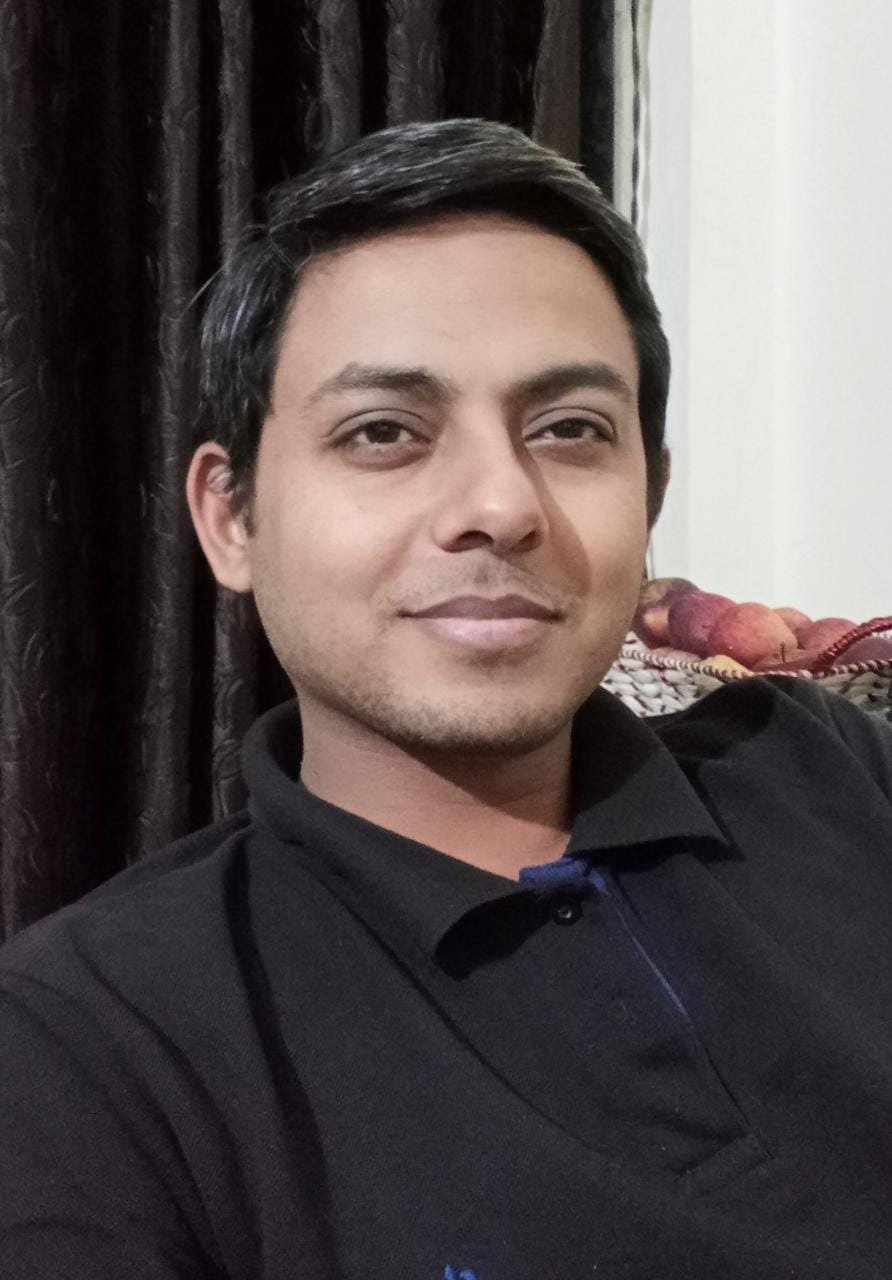 |
Mr. Vikas Bhardwaj
|
Email: vikasbhardwaj@nitdelhi.ac.in
Designation: Senior Technician Qualification: Diploma Specialization: |
 |
Mr. Pradeep Kumar
|
Email:pradeepkumar@nitdelhi.ac.in
Designation:Senior Technician Qualification:B.Tech-IT Specialization: |
 |
Mr. Ankur Singh
|
Email:ankurksingh@nitdelhi.ac.in
Designation: Technician Qualification: Intermediate Specialization: |
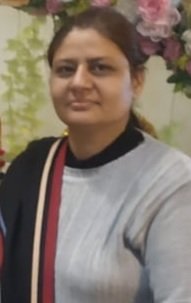 |
Ms. Anju Bhakar
|
Email: anjubhakar@nitdelhi.ac.in
Designation: Junior Assistant (Outsourced) Qualification: MCA Specialization: |
 |
Mr. Kailash
|
Email: Kailash@nitdelhi.ac.in
Phone No: 011-33861151 Designation: Office Attendant Qualification: Specialization: |
RESEARCH AND CONSULTANCY
LABORATORIES
- Lab No. 03 Computer Programming -1
- Lab No. 04 Ubiquitous Computing Lab
- Lab No- 09 Artificial Intelligence & Data Science Lab
- Lab No. 10 Computer Networks & Architecture Lab
- Lab No. 11 Information Security And Software Engineering Lab
- Lab No. 12 Intelligent Systems Lab
- Lab No. 13 Data Analytics and Vision for Smart Environments Lab (DAViSE)
- Lab No. 14 Visual Computing And Robotics Lab (VCR)
- Lab No. 17 Programming Lab-2
- Lab No. 102 Ai Research Lab
- Lab No. 103 Complex System Lab

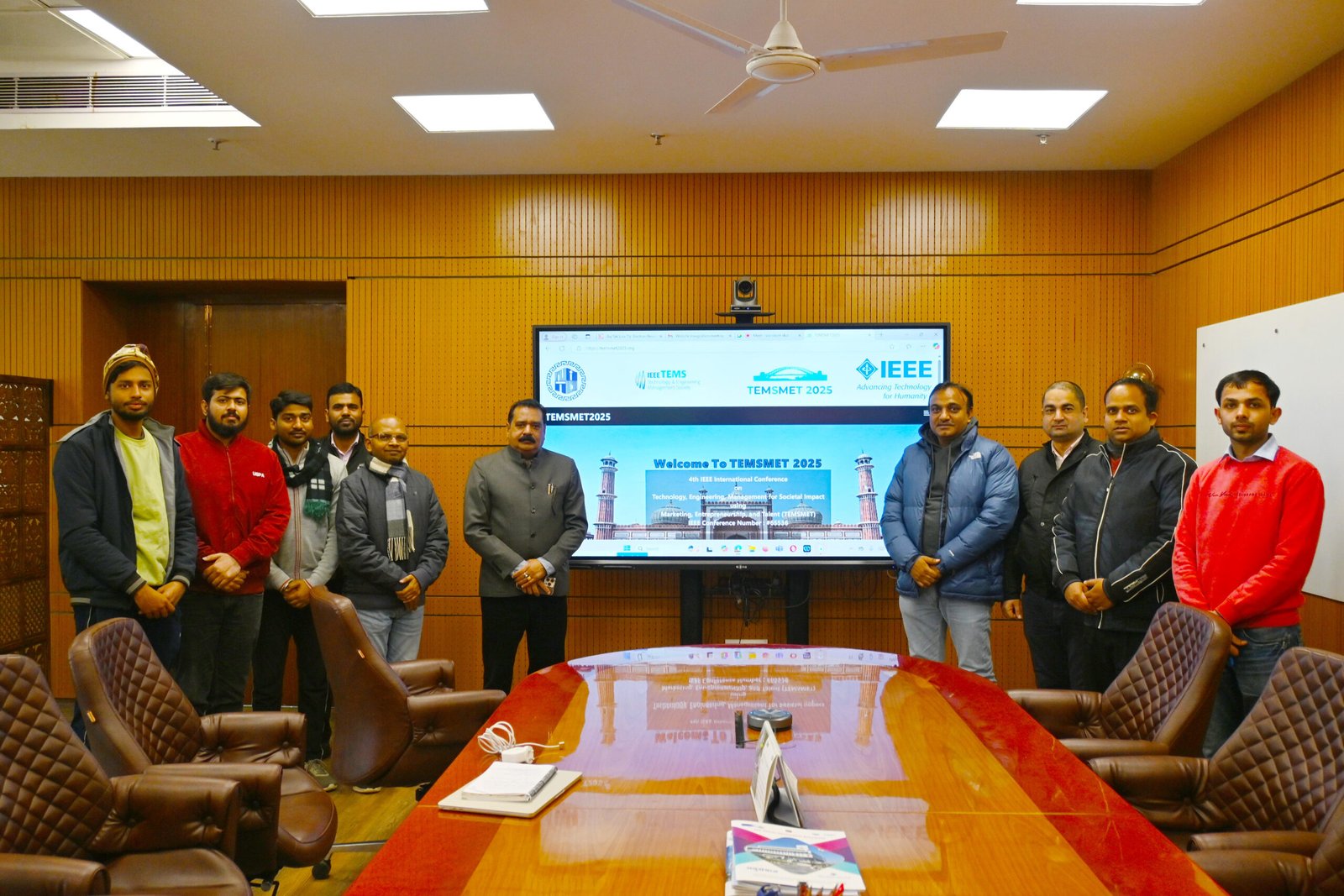
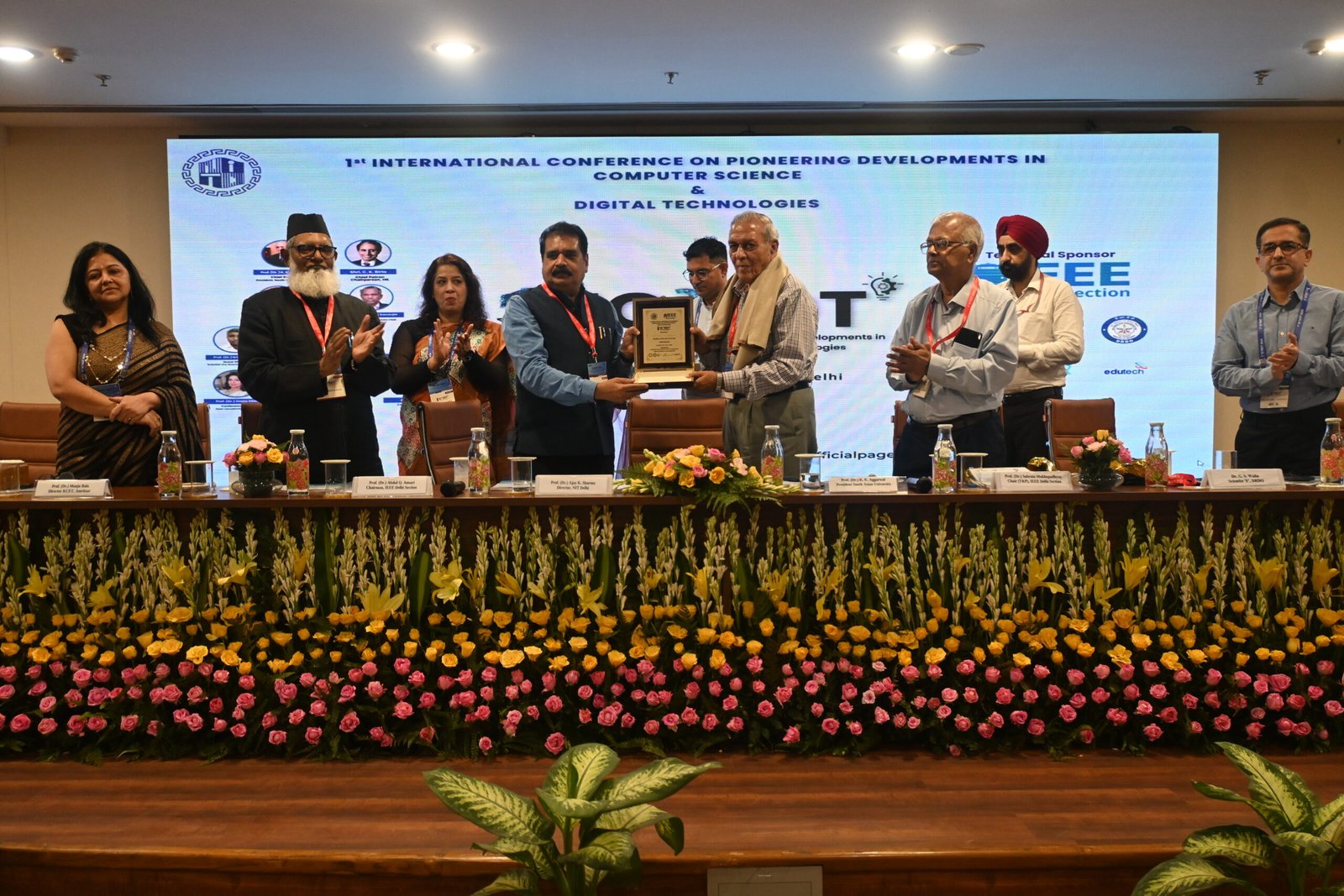
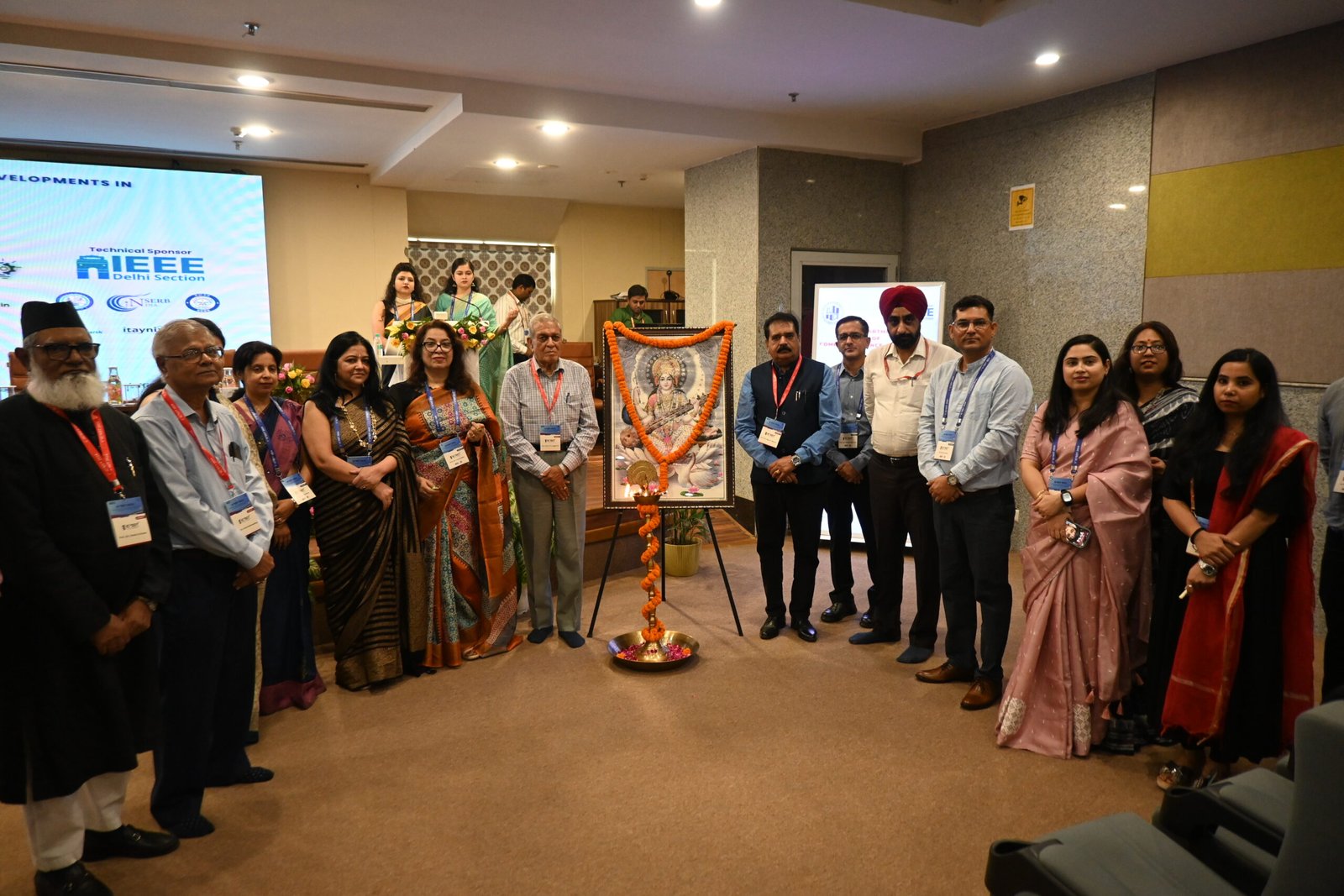
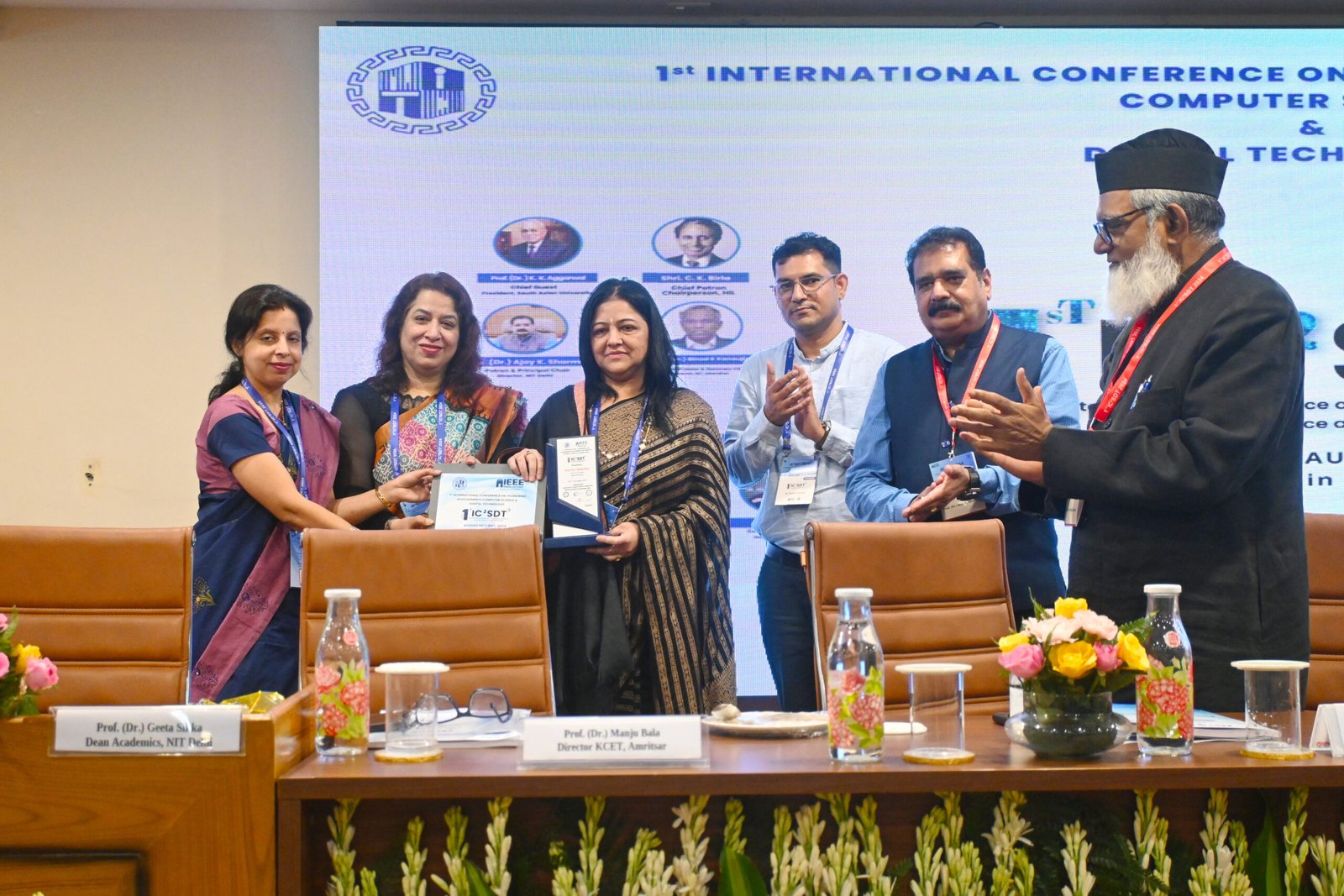
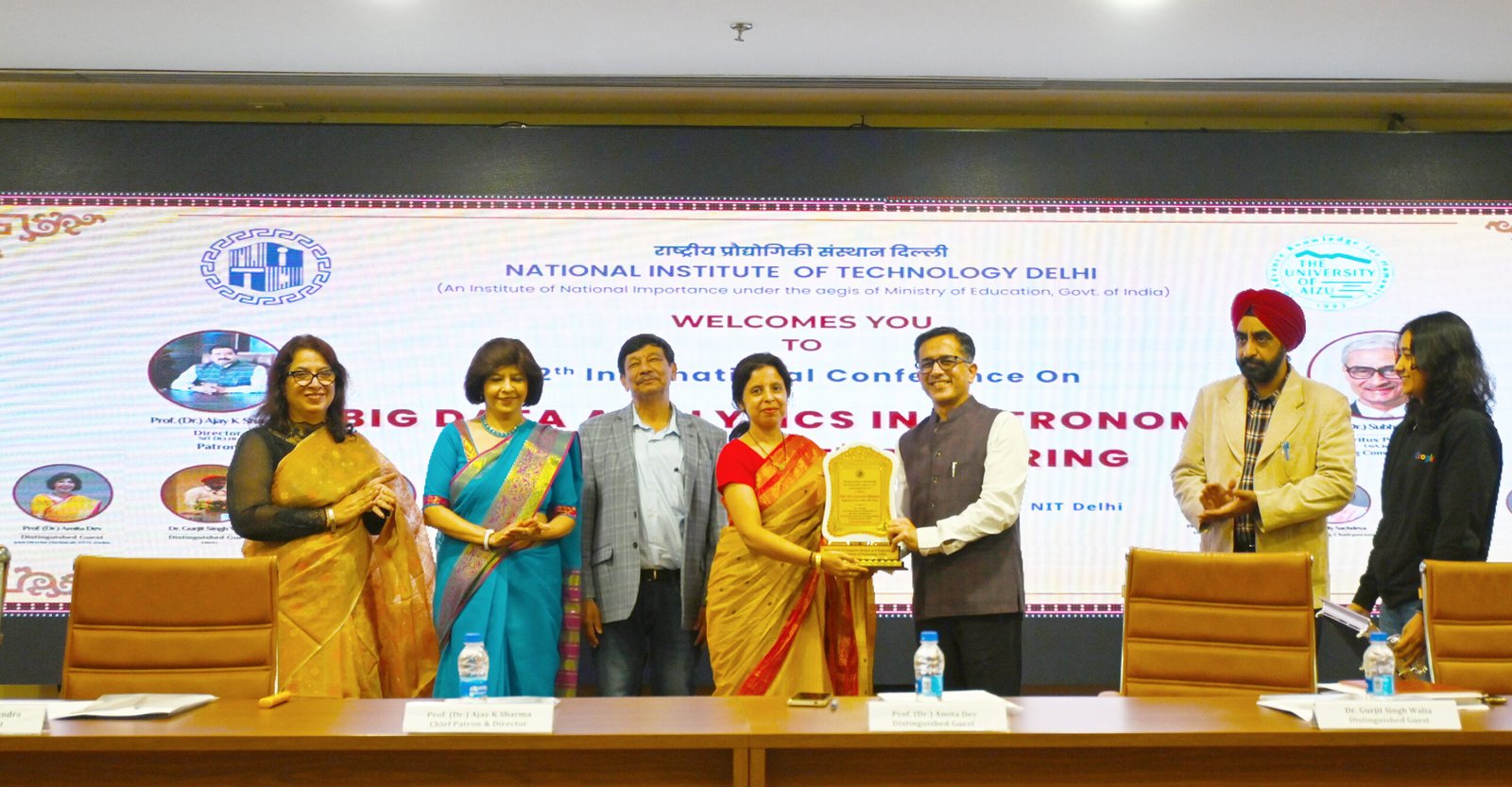
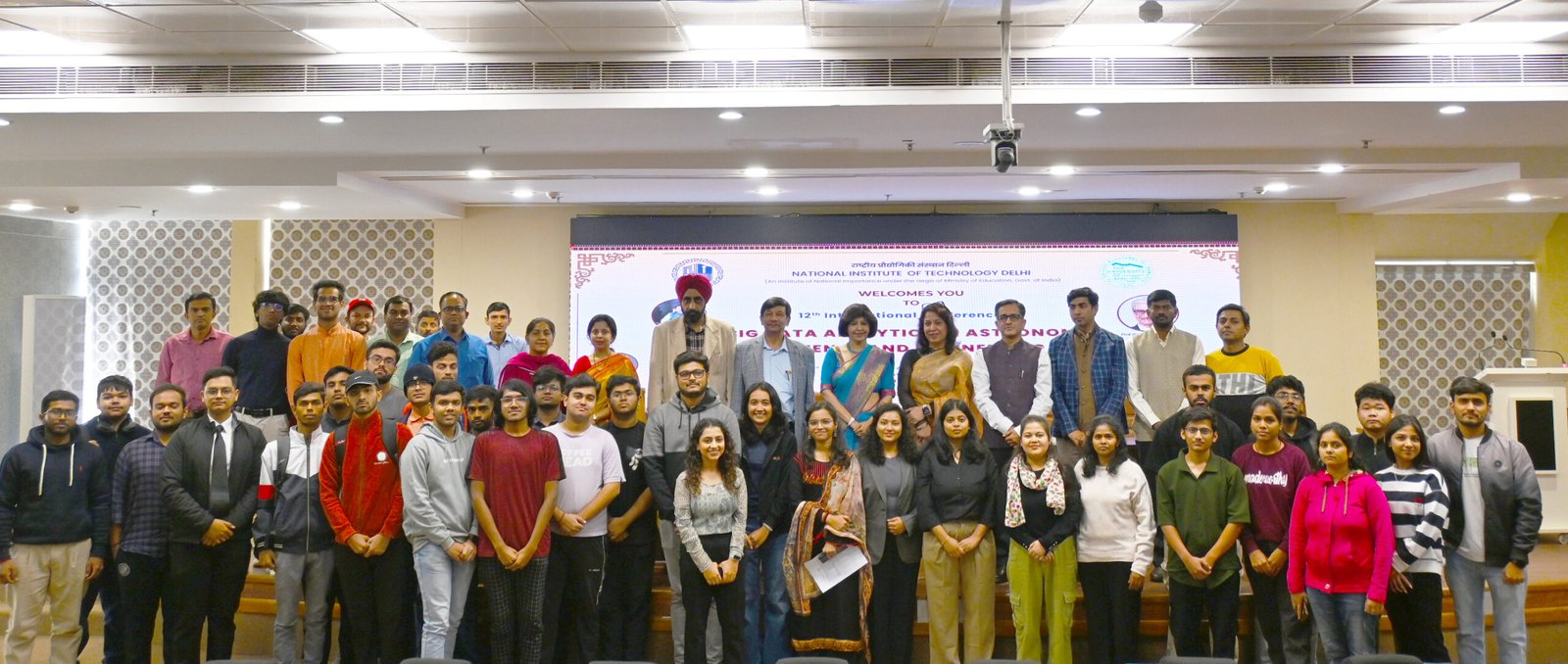
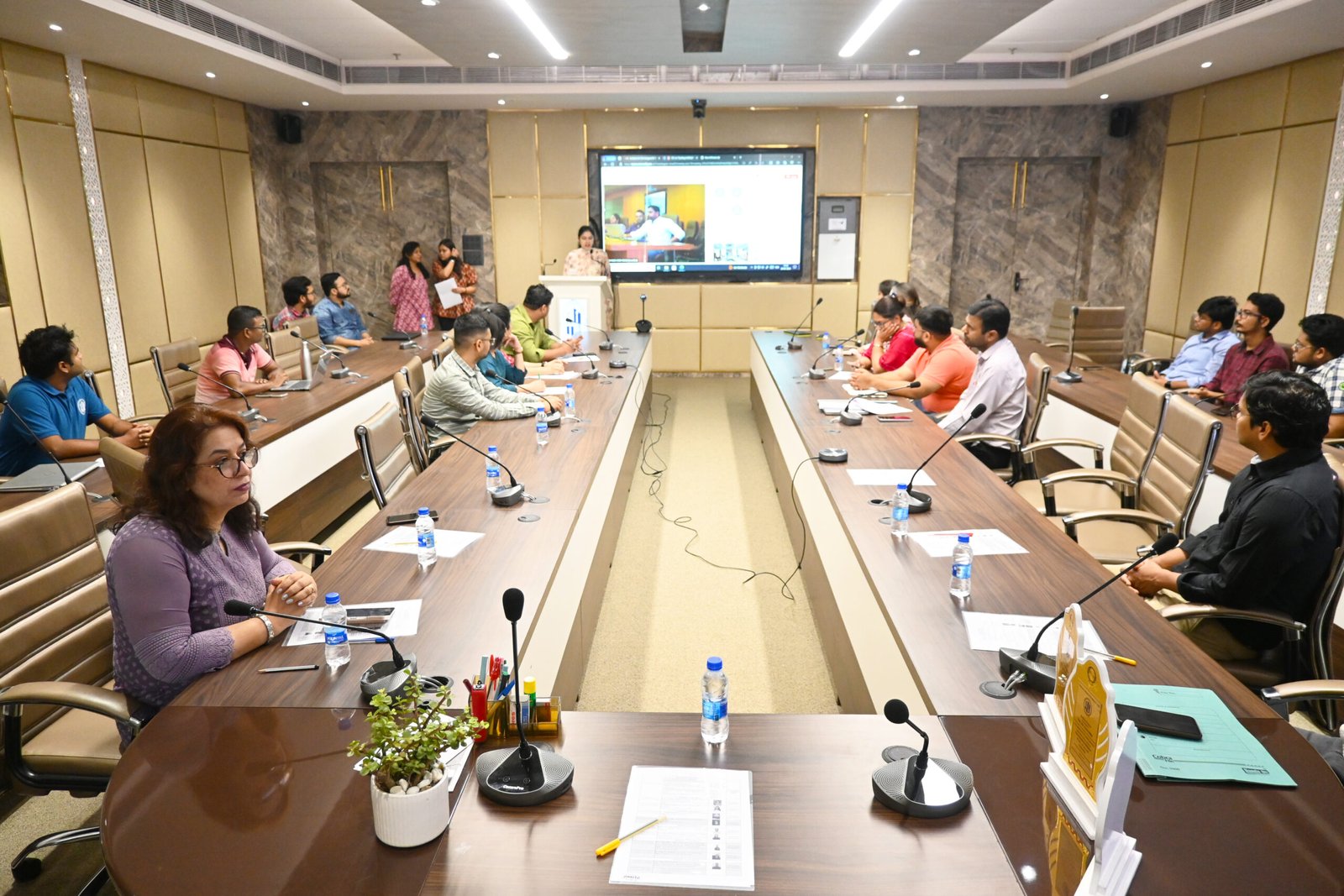
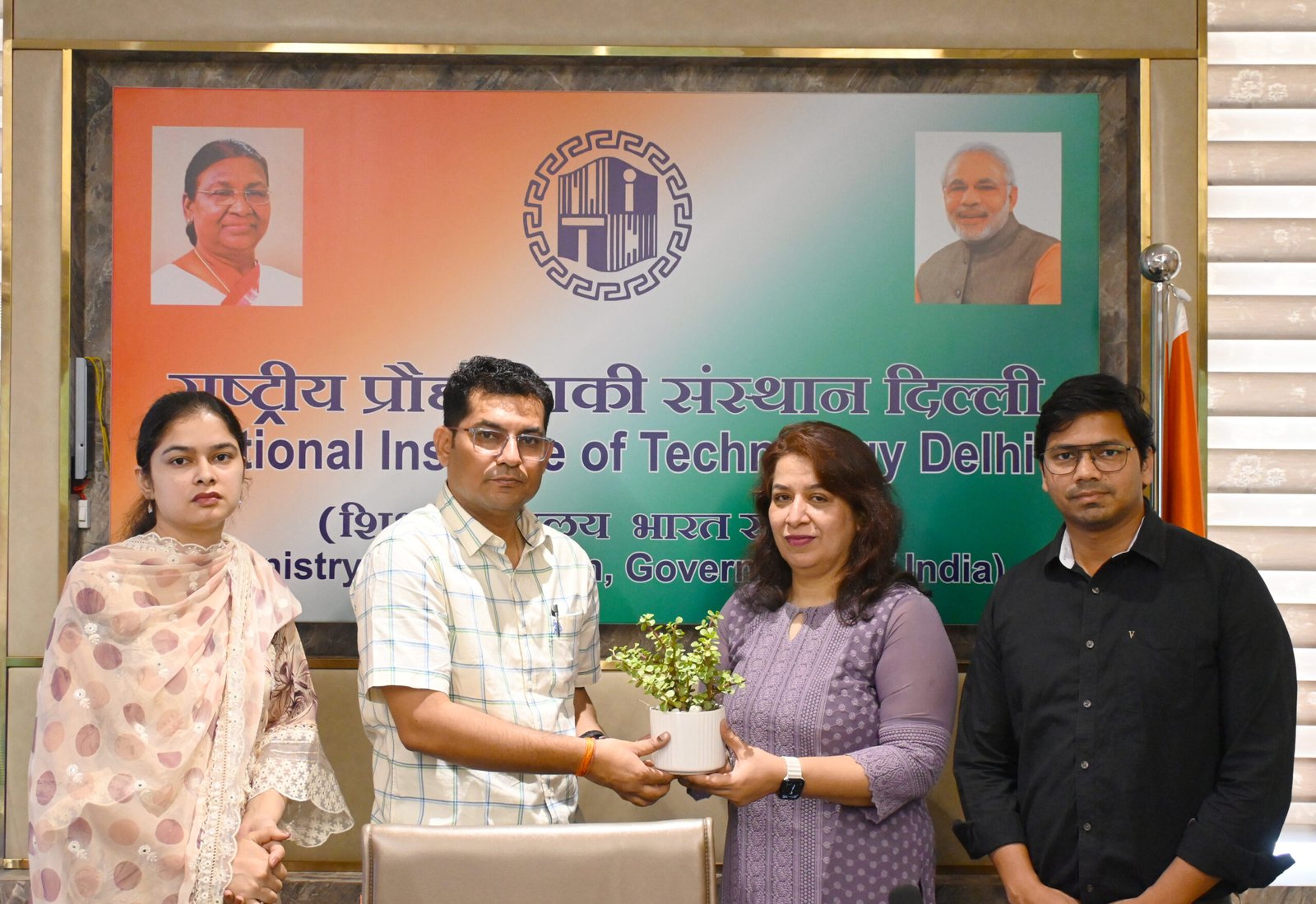
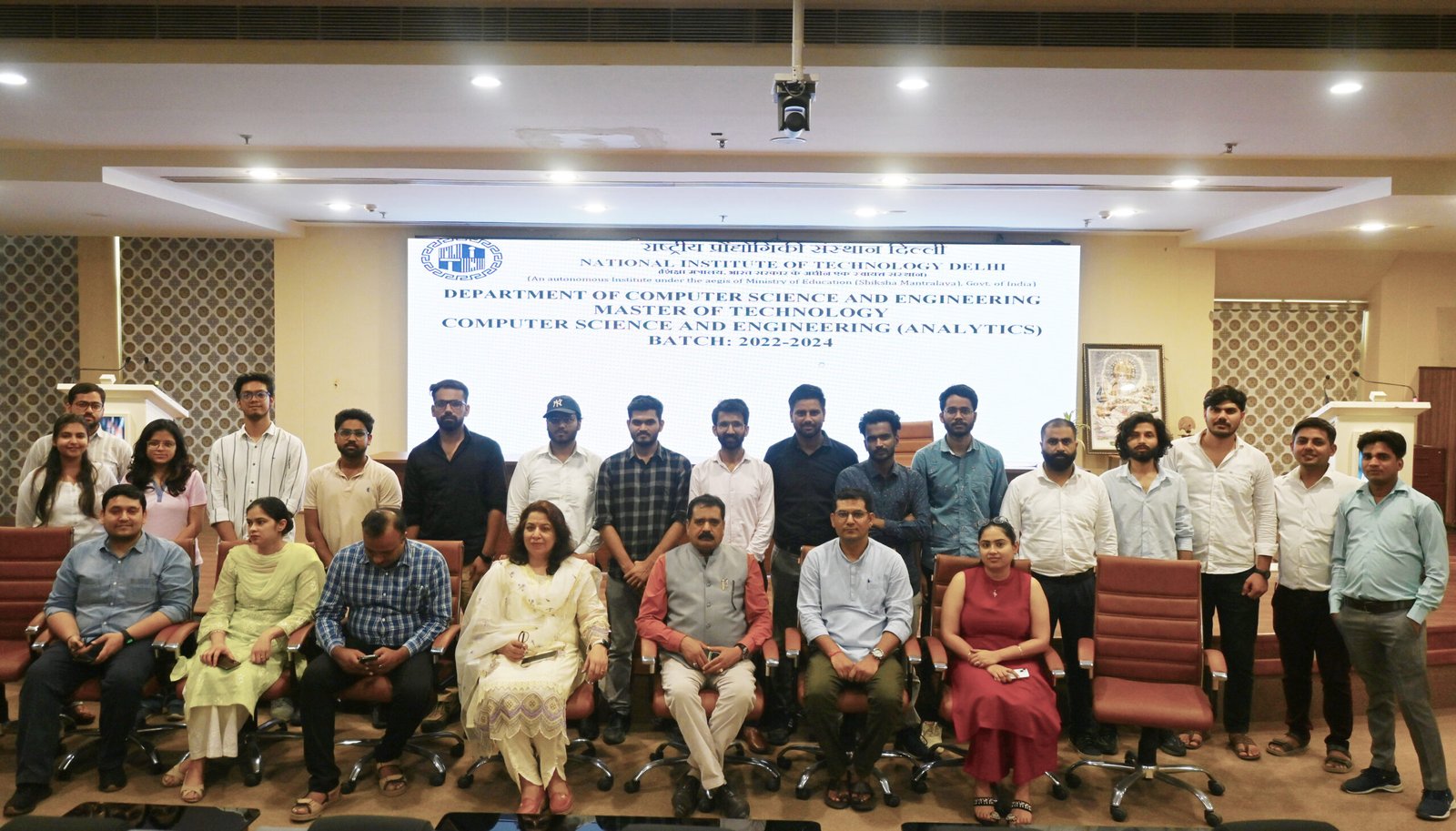
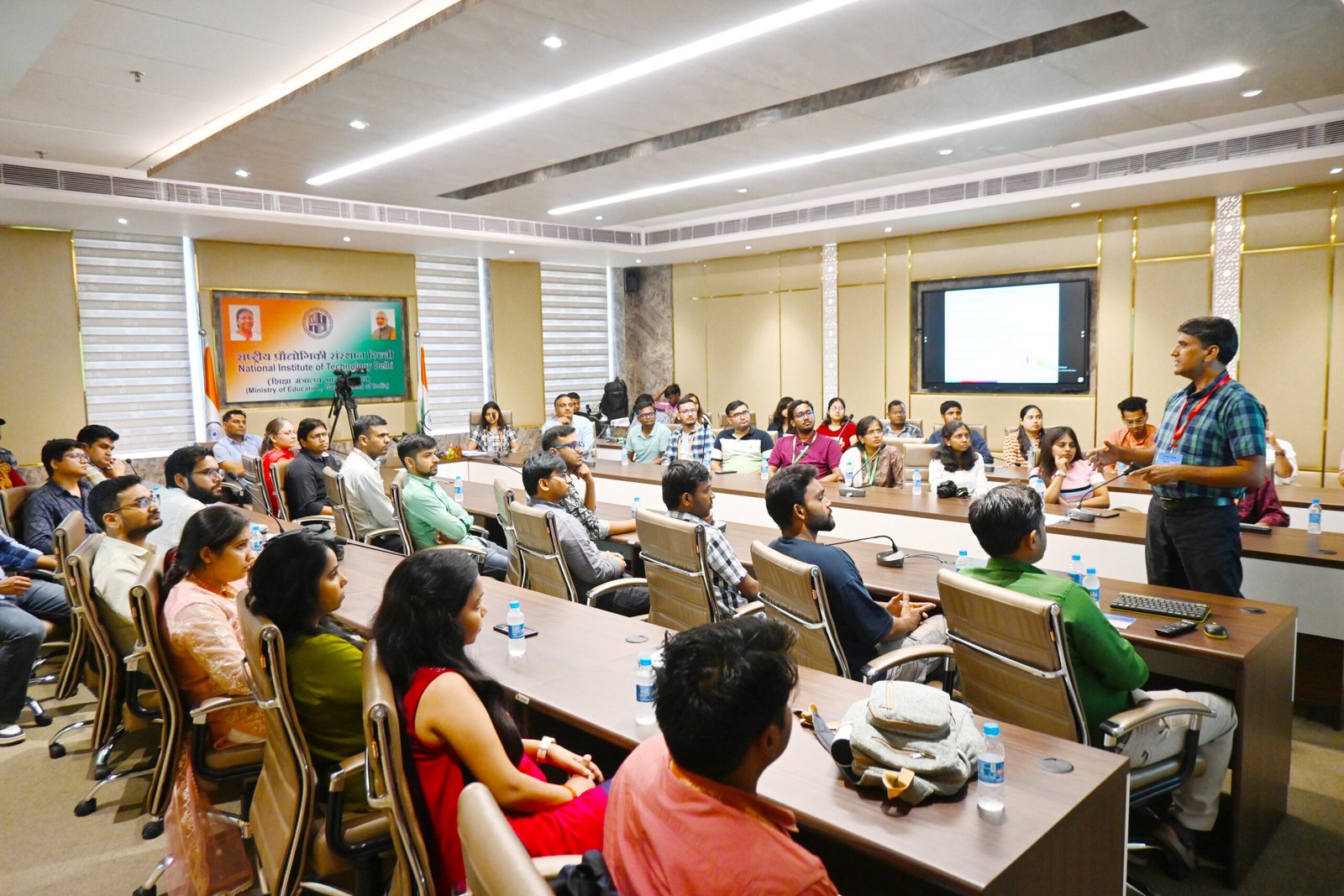
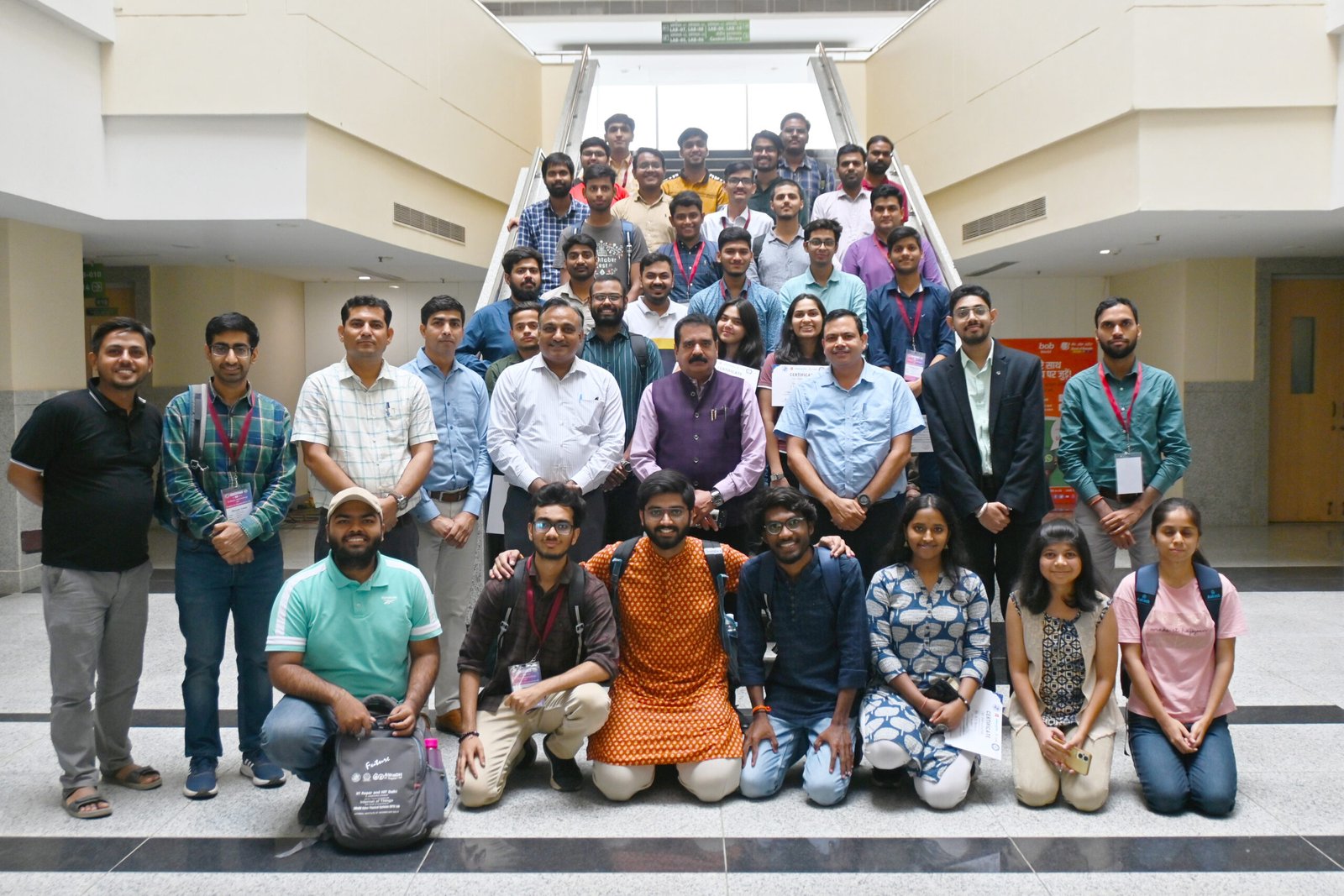
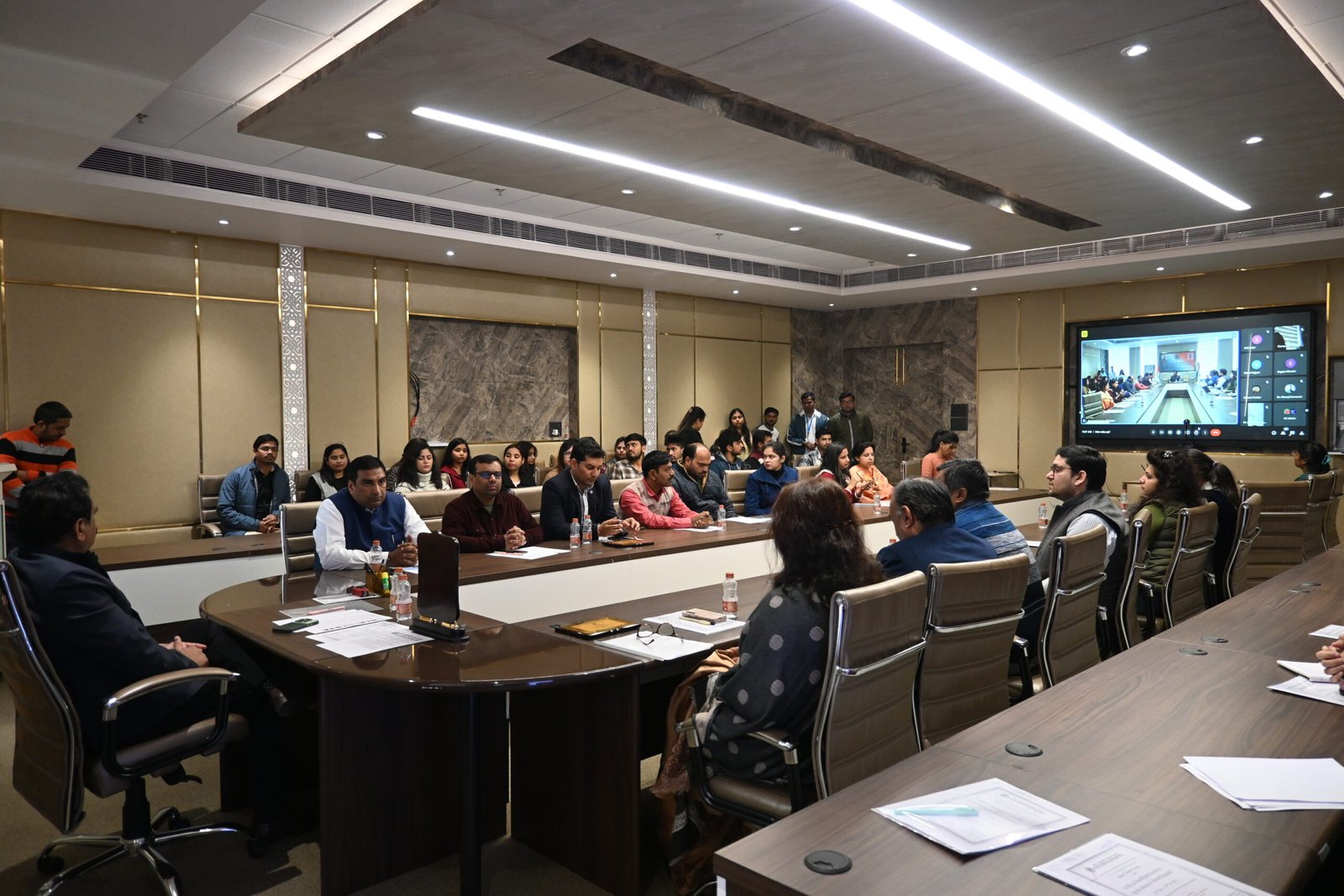
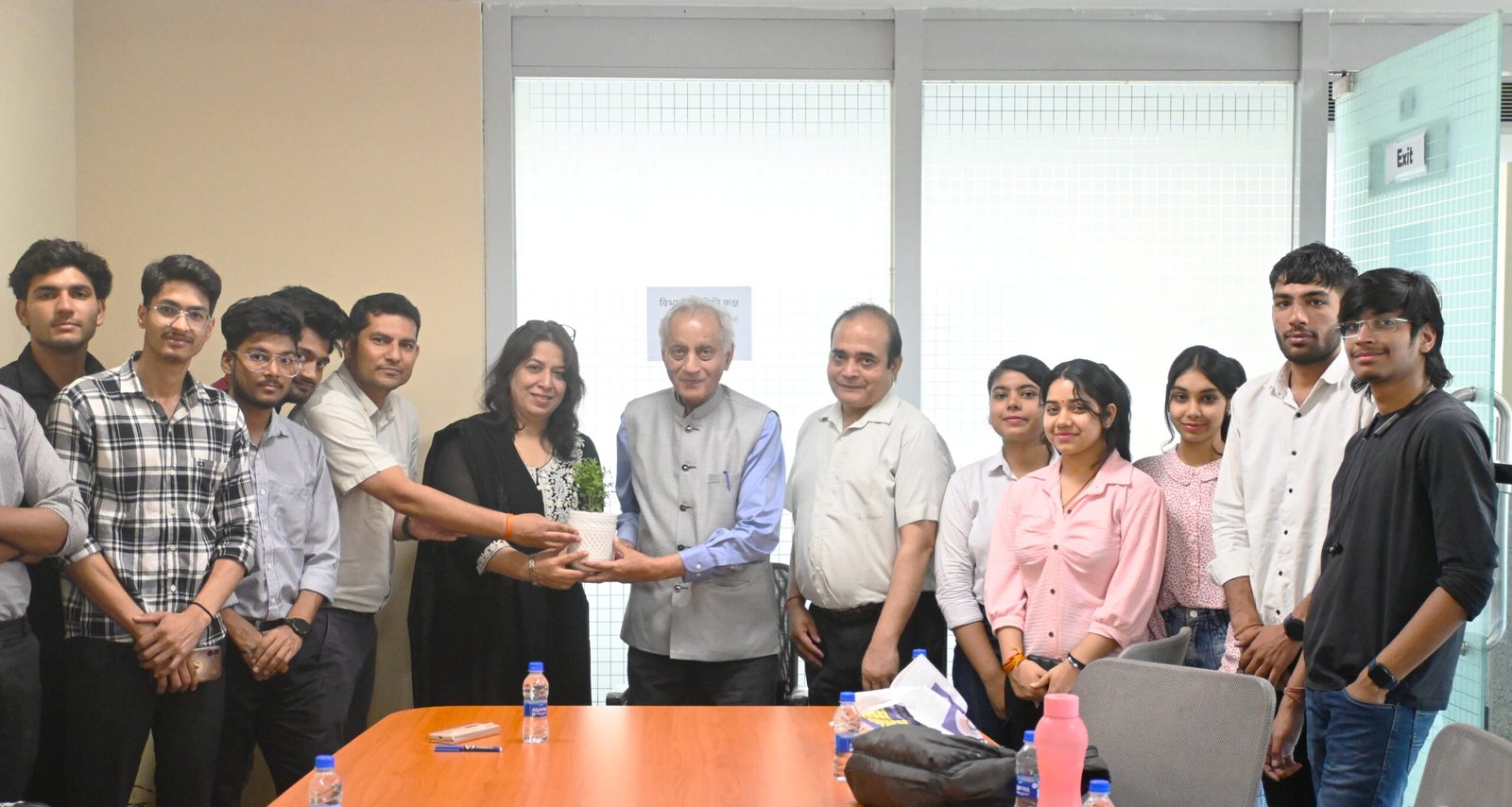
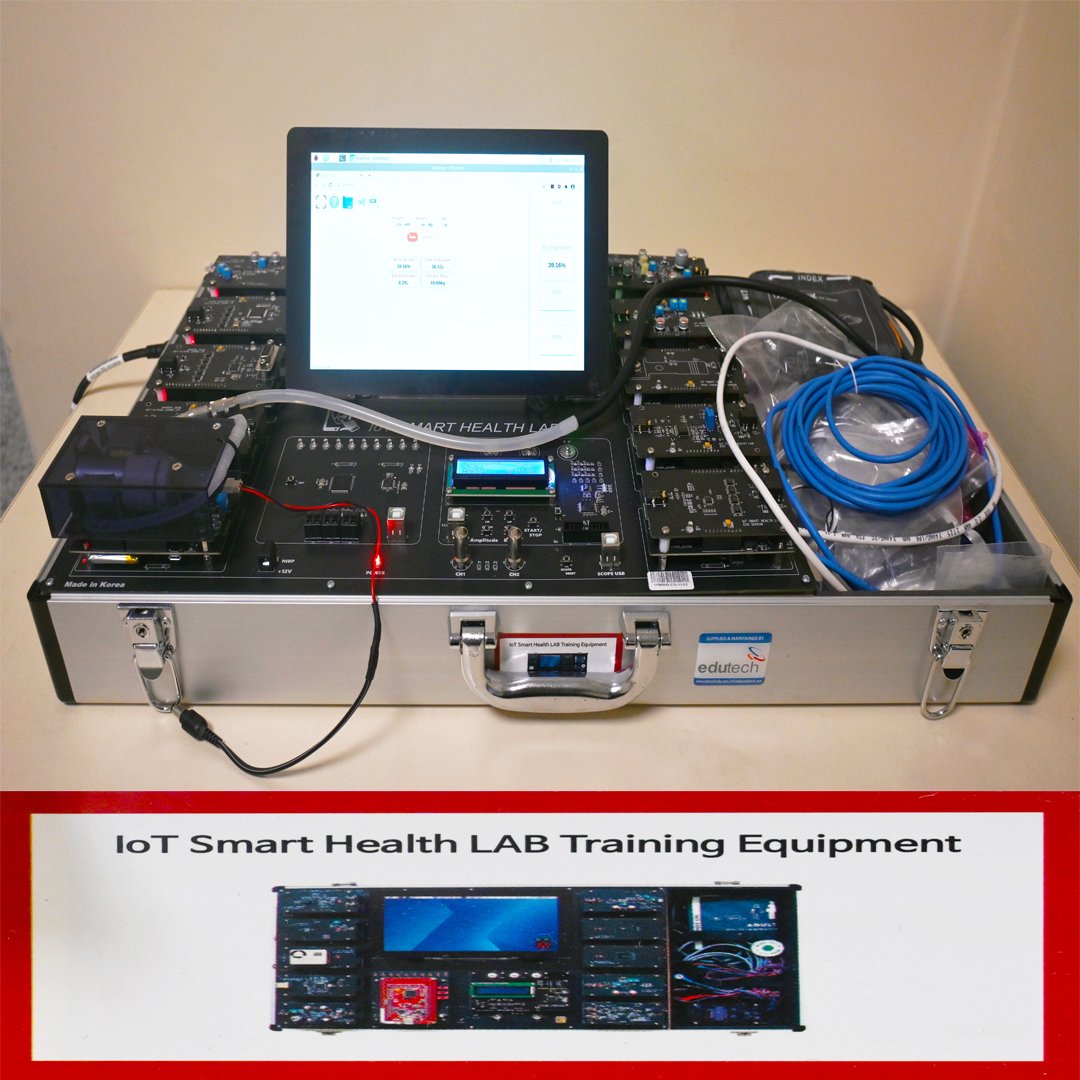

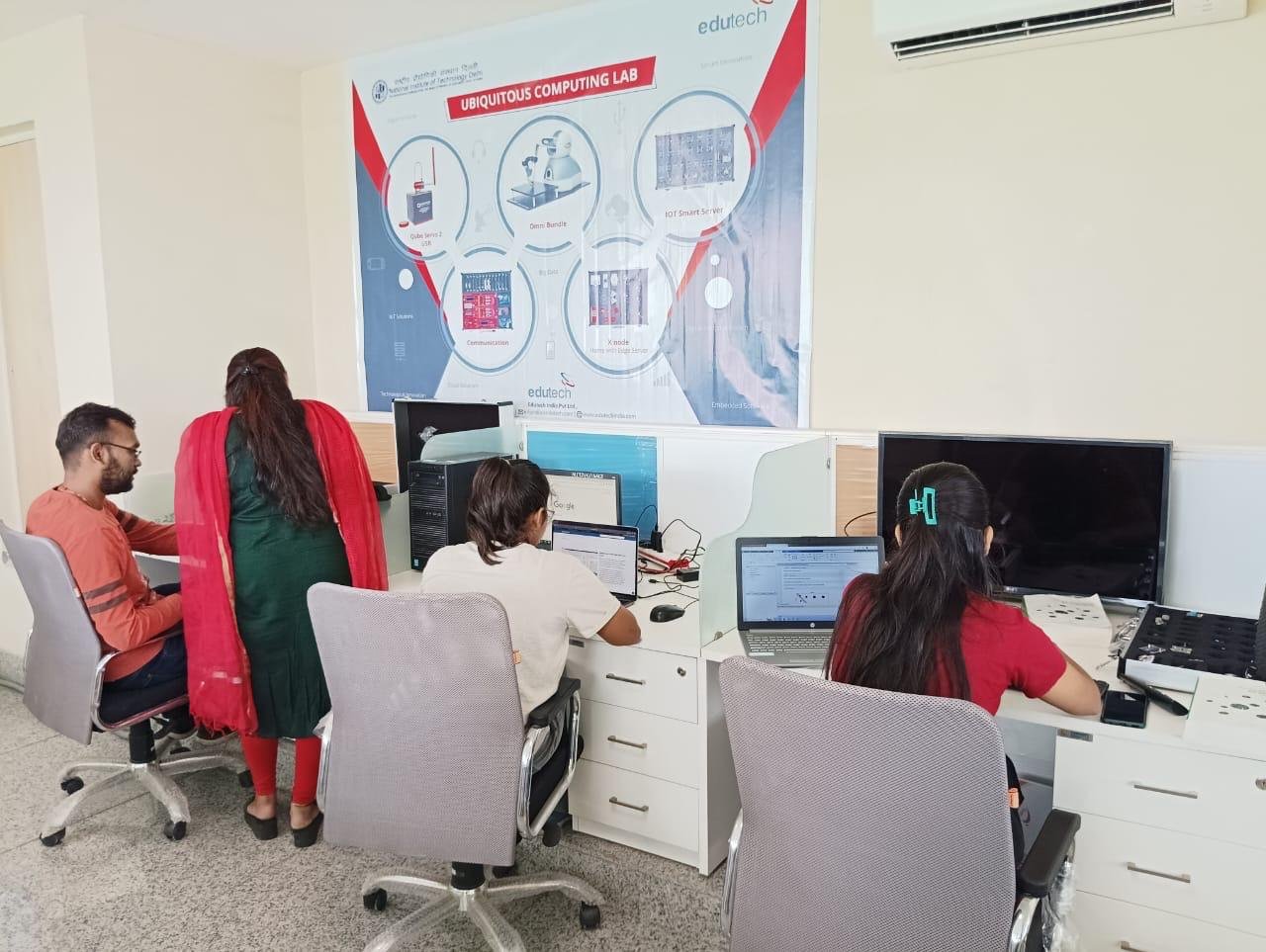



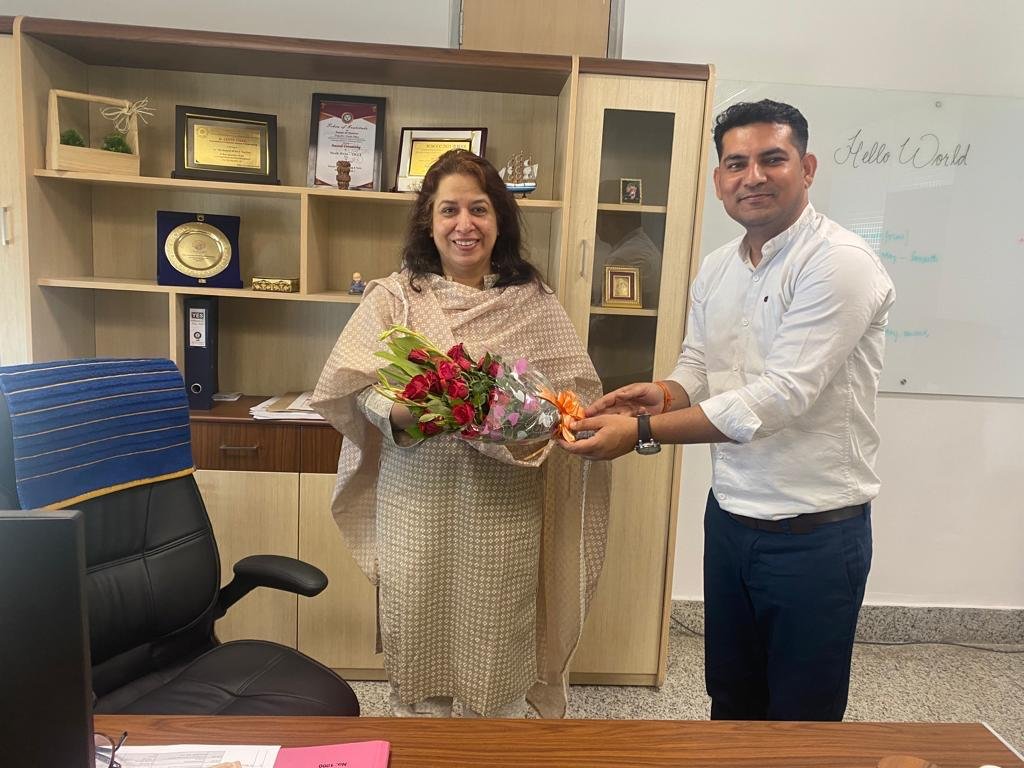
 Total Users : 620961
Total Users : 620961 Who's Online : 8
Who's Online : 8